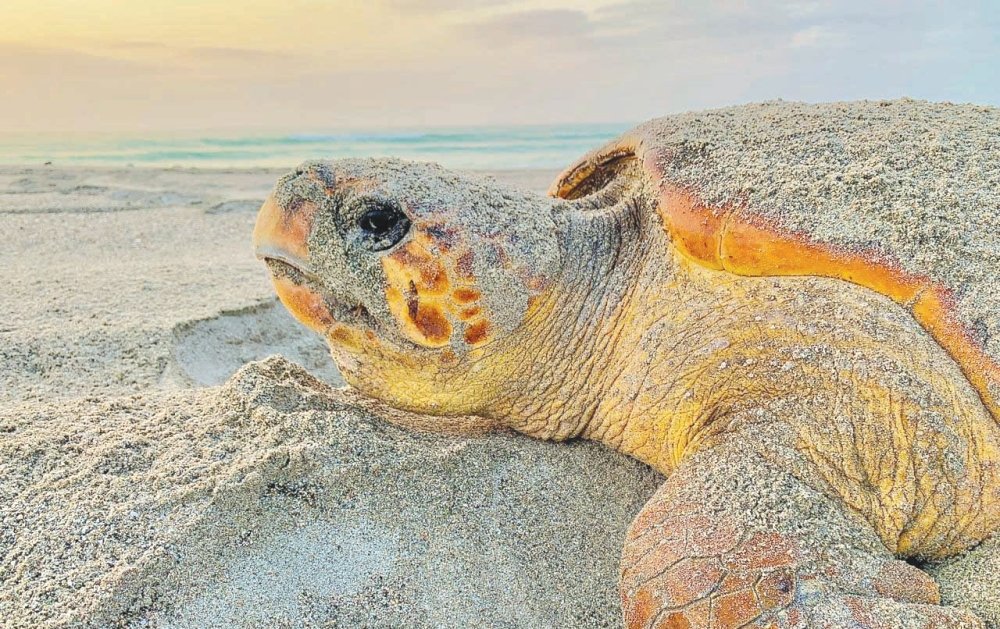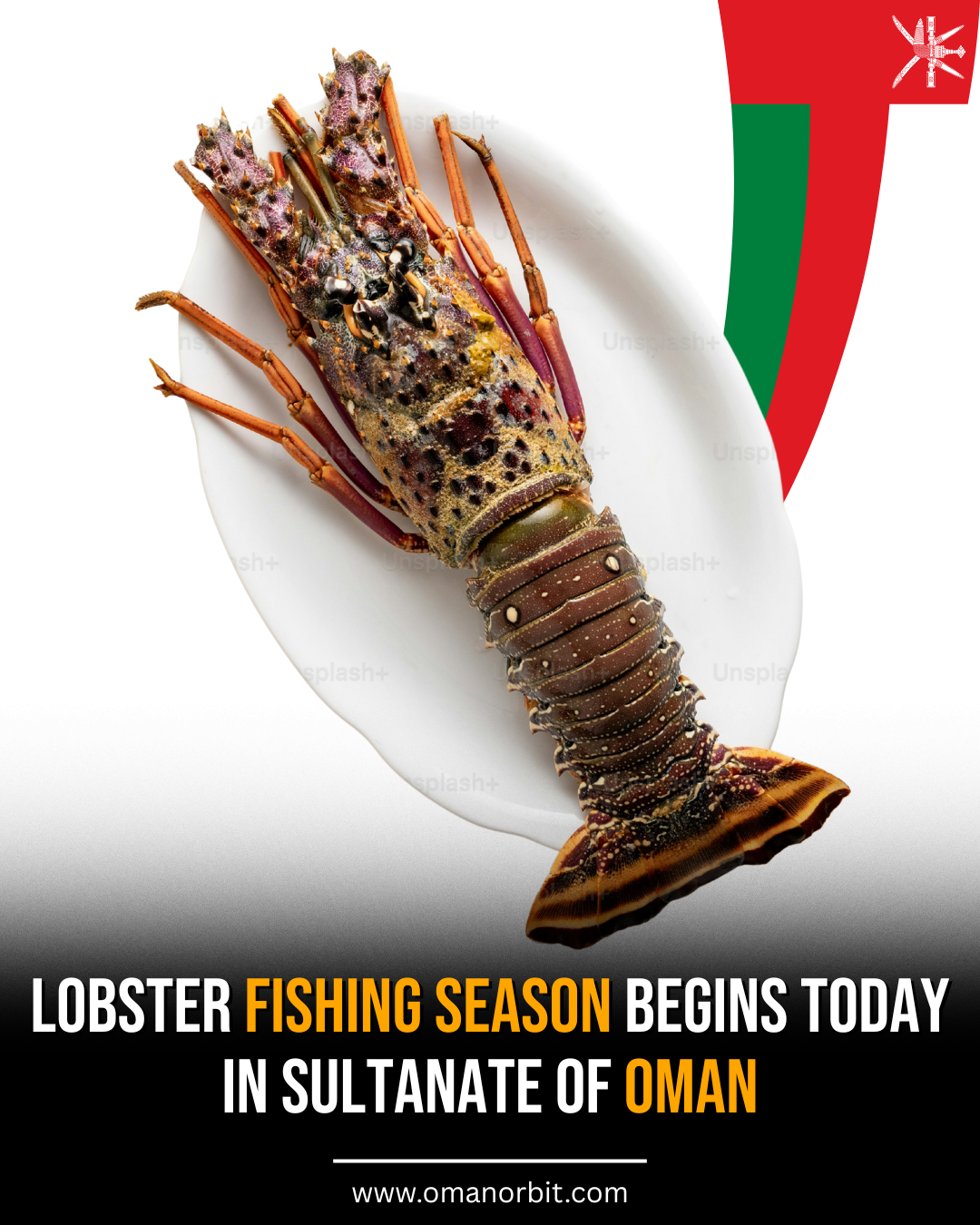MUSCAT: Oman is home to a unique population of hawksbill turtles, a species considered critically endangered worldwide. These turtles share the coastline with the more commonly known green turtles but are far less frequently observed, making their conservation a high priority for marine biologists and environmental authorities. The remote and largely untouched beaches of Dhofar serve as essential nesting grounds, offering a relatively safe environment free from heavy human activity and coastal development pressures. Conservation efforts in these areas are focused on protecting nests from predators, human interference, and environmental hazards such as pollution and climate-induced changes to sand temperatures.
Hawksbill turtles in Oman follow migratory patterns similar to other populations globally, traveling thousands of kilometers across the Indian Ocean to feed and return to natal beaches to lay eggs. Researchers have noted that these turtles exhibit strong site fidelity, meaning they often return to the same beach where they were born. This behavior makes local protection programs particularly effective, as safeguarding specific nesting sites can have a significant impact on the survival of the species. Ongoing tagging and satellite tracking initiatives help scientists monitor movements and identify critical feeding grounds, enabling more targeted conservation strategies.
Threats to Oman’s hawksbill turtles include illegal poaching for their shells, accidental capture in fishing gear, and degradation of marine habitats due to coastal urbanization. While Oman has established strict wildlife protection laws, enforcement in remote areas can be challenging. Collaboration with international conservation organizations has strengthened efforts to educate local communities about the ecological importance of turtles, promote sustainable fishing practices, and implement measures to reduce bycatch. Volunteer-driven nest monitoring programs also play a crucial role, with participants documenting hatching events and relocating eggs when necessary to safer locations.
Conservationists emphasize that the survival of hawksbill turtles in Oman is not only vital for biodiversity but also for maintaining healthy coral reef ecosystems. These turtles help control sponge populations, which allows coral reefs to flourish, indirectly supporting fisheries and coastal livelihoods. Continued research, awareness campaigns, and active protection measures are critical for ensuring that Oman’s hawksbill turtles can thrive for future generations. The combination of legal safeguards, scientific monitoring, and community engagement has positioned Oman as a model for marine conservation in the Arabian Peninsula.



